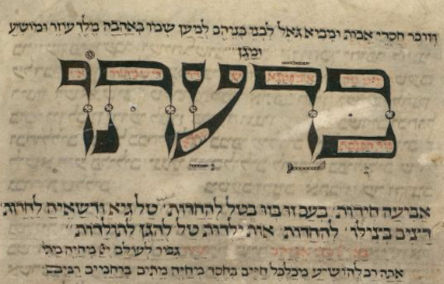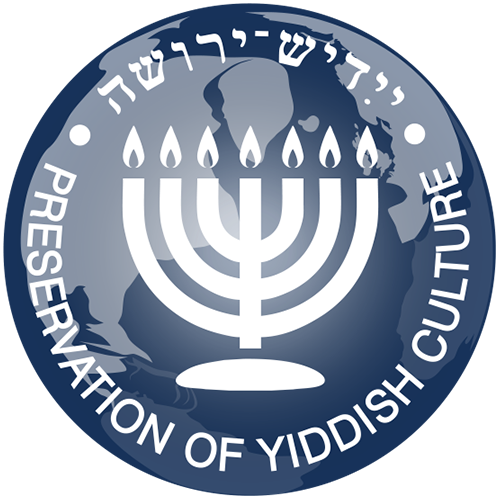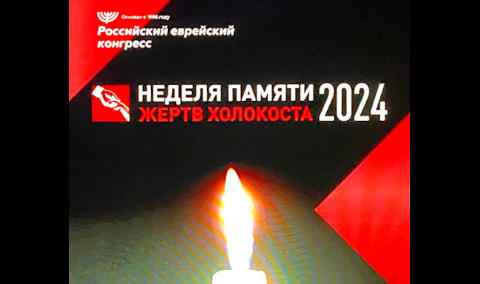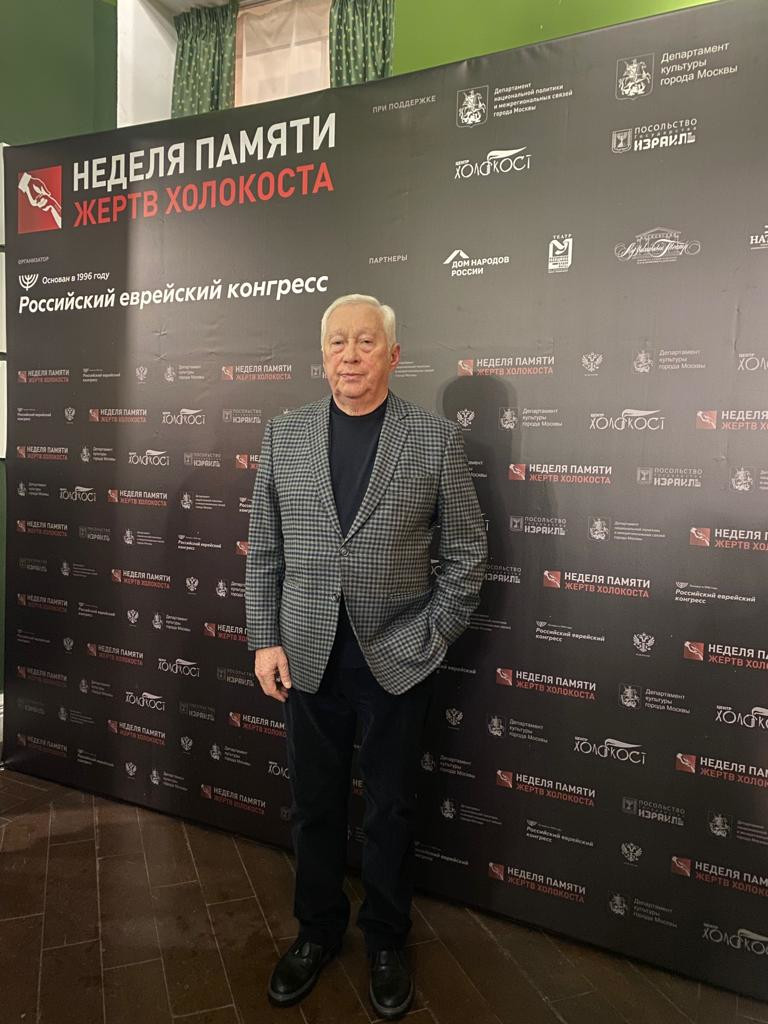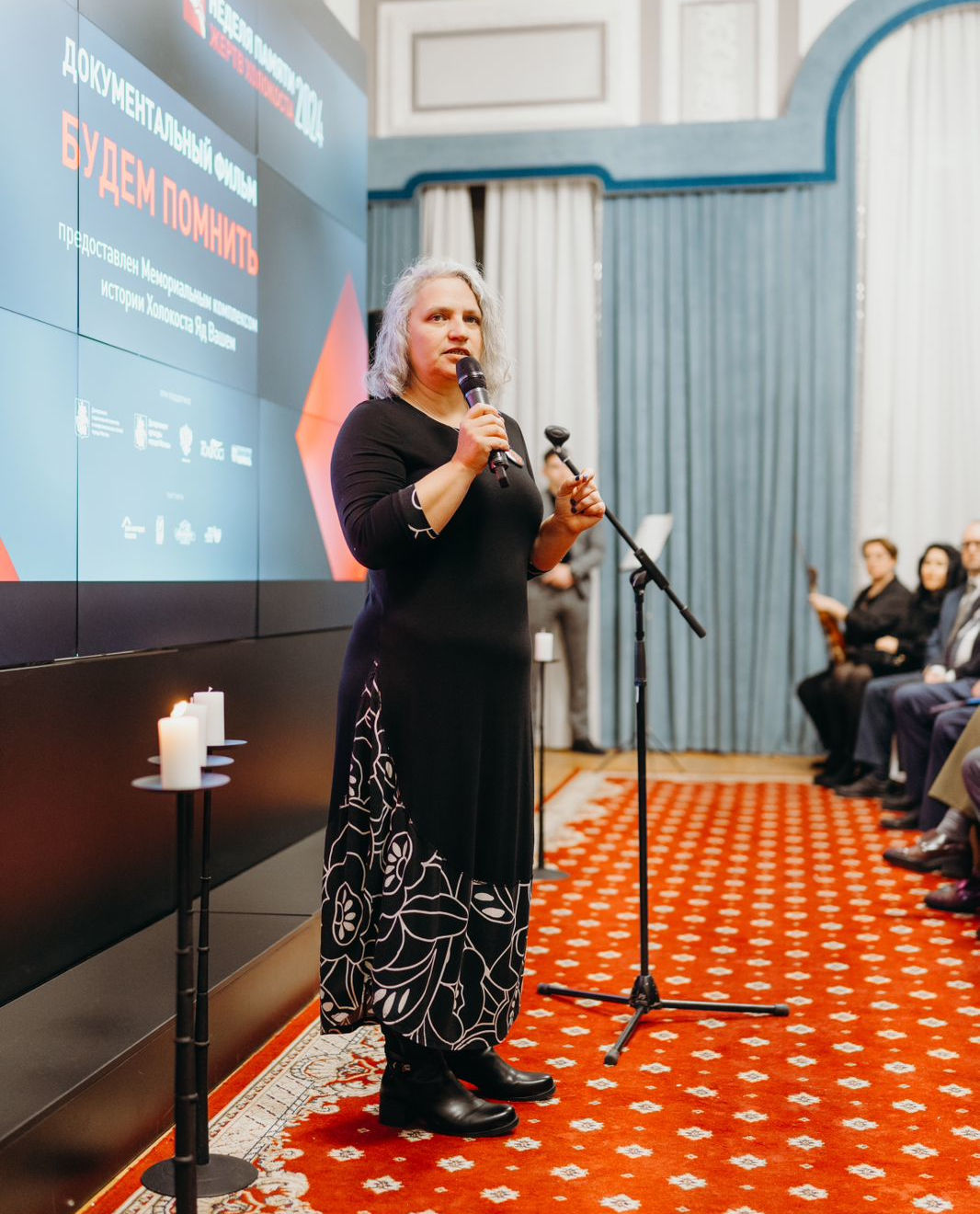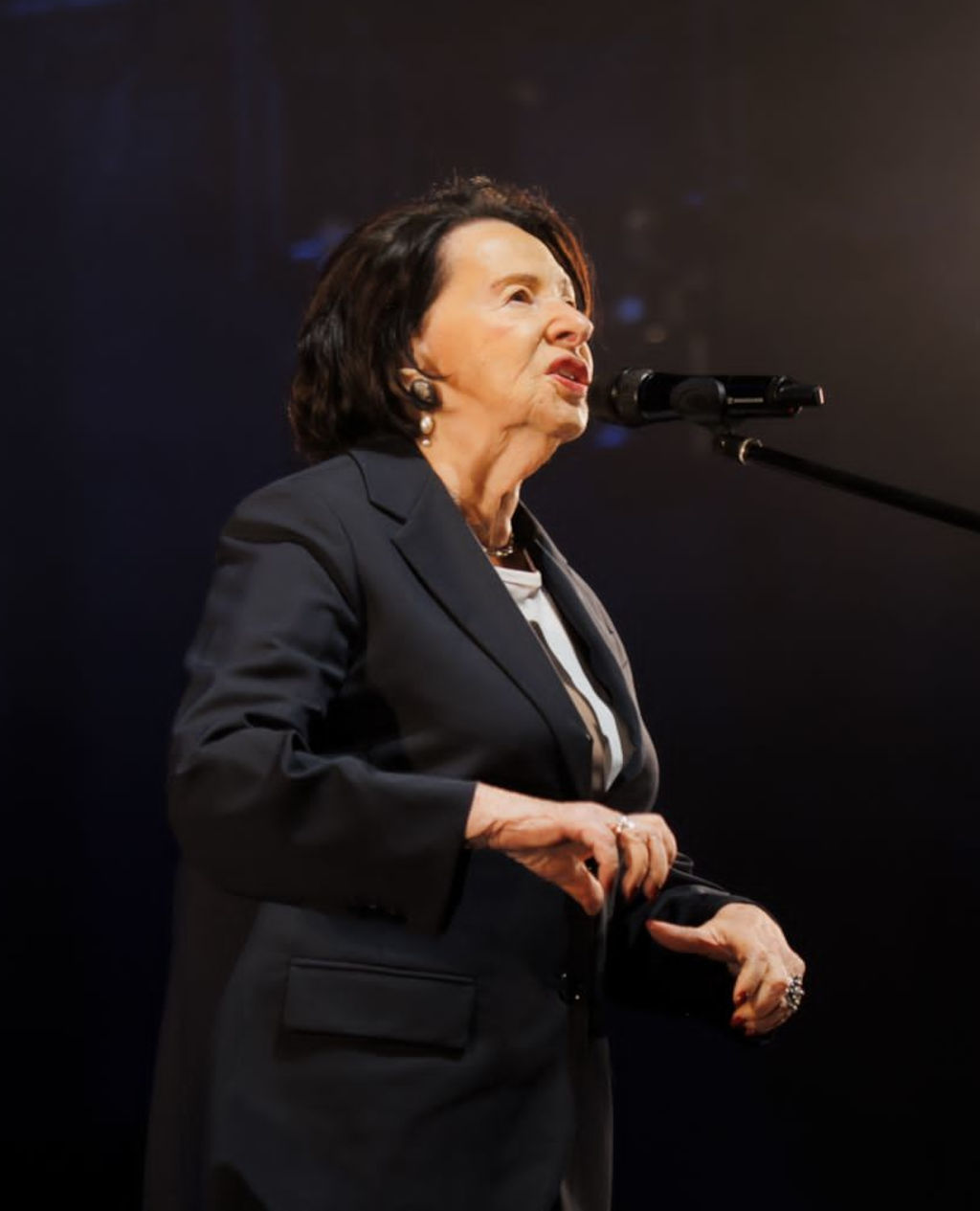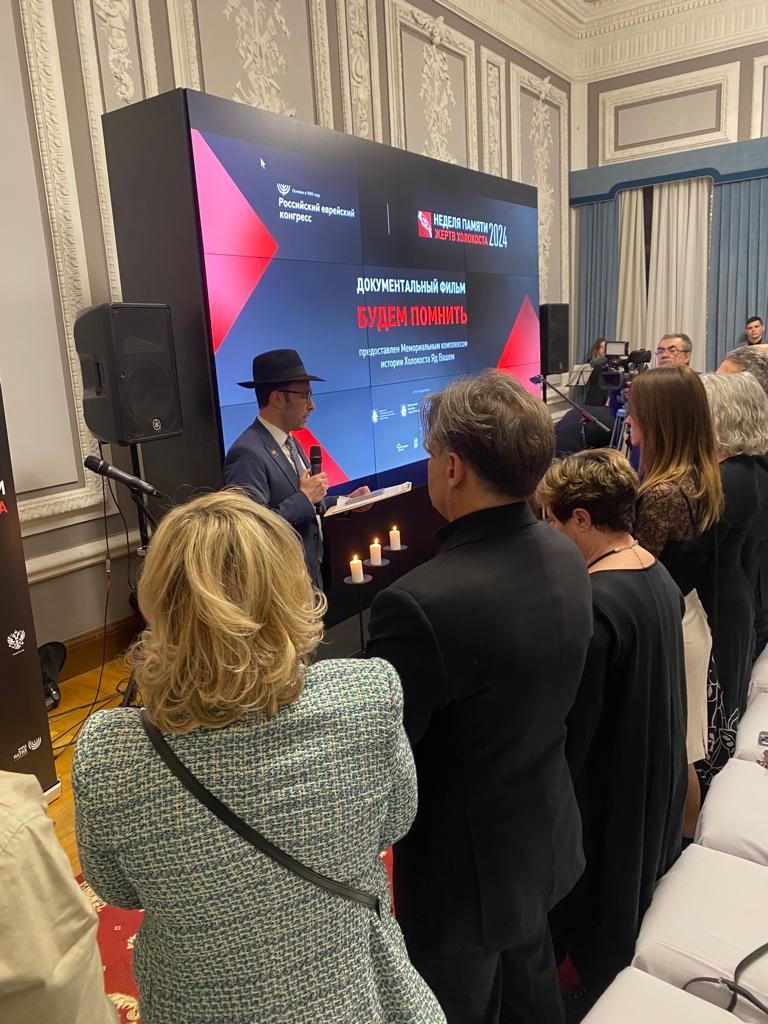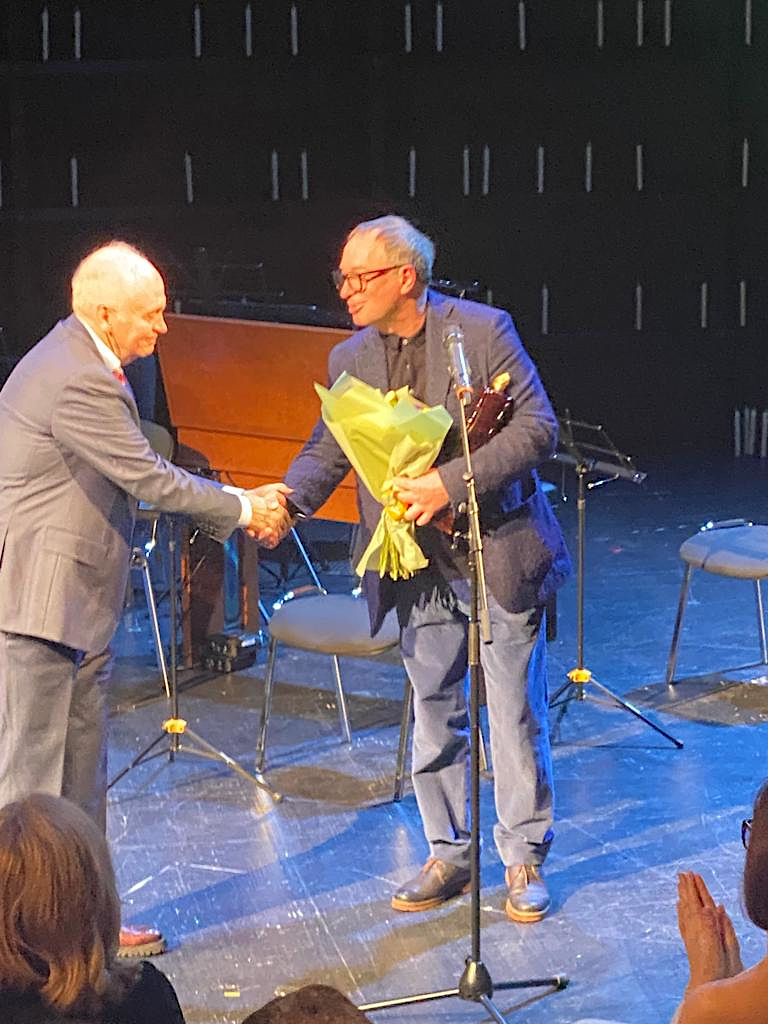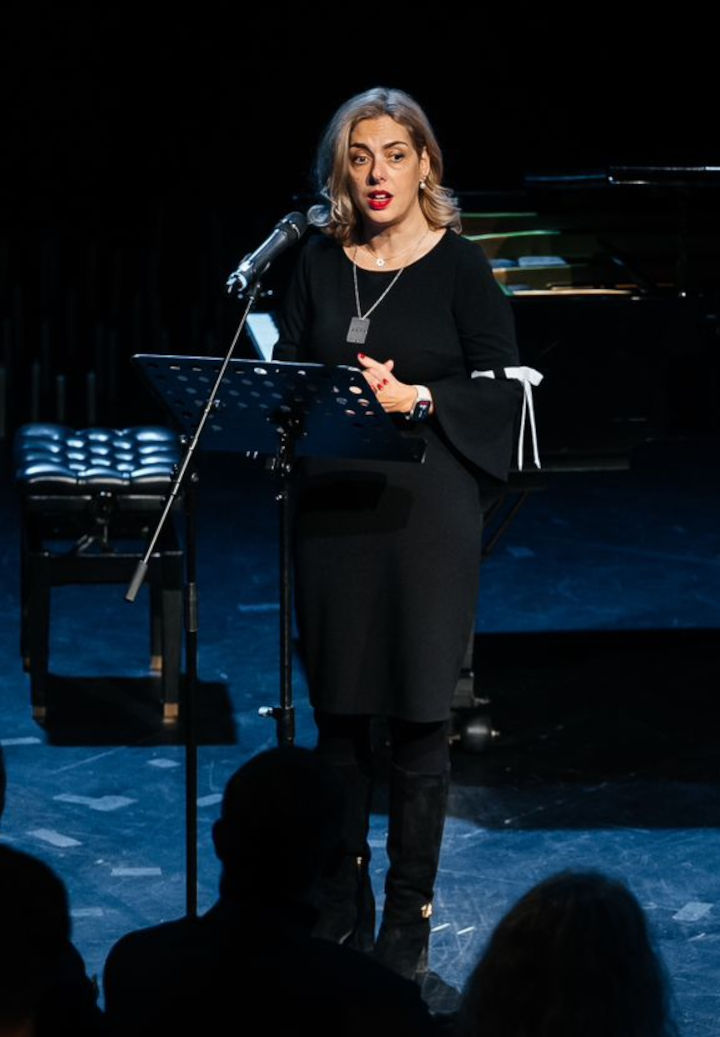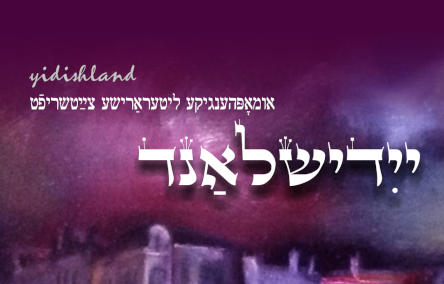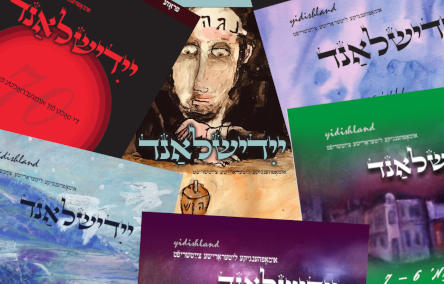Our website’s team thanks the founders of the quarterly literary magazine Yidishland for their decision to make all of its issues available on our website, except for the ones published during the last year.
The first issue of Yidishland appeared at the end of 2018. Its founders and co-editors were Velvl Chernin and Mikhoel Felsenbaum — two renowned Israeli Yiddish writers who made their debut in the early 1980s on the pages of the Moscow magazine Sovetish Heymland. The initiative was supported by Nikolai Olniansky, the director of the Swedish publishing house Olniansky Tekst, which specializes in publishing Yiddish literature. The magazine is printed parallelly in Israel and in Sweden. Other members of the magazine’s editorial board include the linguistics professor Dov-Ber Kerler from Indiana University, Valery Dymshits, a St. Petersburg literary critic, folklorist, university professor and literary translator, and Elena Sarashevskaya, the editor-in-chief of the newspaper Birobidzhaner Stern.
The reason that prompted Chernin and Felsenbaum to found this magazine was the lack of periodical literary publications in Yiddish. During the first decade of the 21th century, a number of magazines and almanacs in this language ceased to exist. Afn Shvel, a magazine still published in New York since 1941, states the language’s preservation as its main goal, but not the active development of Yiddish literature. The yearly bilingual Russian-Yiddish almanac Birobidzhan is only partially published in Yiddish. Today, Yidishland is the only literary magazine printed on paper entirely in Yiddish.
The magazine’s founders firmly adhere to their belief that Yiddish literature is alive. It is not just a subject of academic research, but a continuously developing, diverse cultural phenomenon. They see their tasks as following: providing a literary platform to already known Yiddish authors; supporting young new authors; publishing previously unpublished Yiddish texts from the archives of deceased literary figures; preserving Yiddish as a language of academic articles. The magazine regularly publishes research papers in the fields of literary criticism, folklore, art history and linguistics.
The term Yiddishland denotes the extraterritorial cultural space of Yiddish as its language. Since the original Yiddish word contains only one «d», the name of the magazine is spelled Yidishland. Among its authors are the late Rivka Basman Ben-Hayim (1925 – 2022), who lived in Herzliya, Yermiyahu Ahron Taub (Washington), Felix Haimovich (Minsk), Yoel Matveyev (St. Petersburg), Marek Tuszewicki (Krakow), Moishe Lemster (Bat Yam), Sholom Berger (New York), Isroel Nekrasov (St. Petersburg), Boris Karloff (poetic pseudonym of Dov-Ber Kerler), Hillel Kazovsky (Jerusalem), Emil Kalin (Tel Aviv) and many others. Young poets such as Anna Vizhau (Salzburg), David-Omar Cohen (Amsterdam), Katerina Kuznetsova (Berlin), prose writers Shiri Shapira (Jerusalem) and Yaad Biran (Tel Aviv) debuted with their first publications in Yidishland.
The magazine also contains three permanent sections: “New Books”, “New Song” and “Materials for the Lexicon of Yiddish Literature in the 21st Century”.
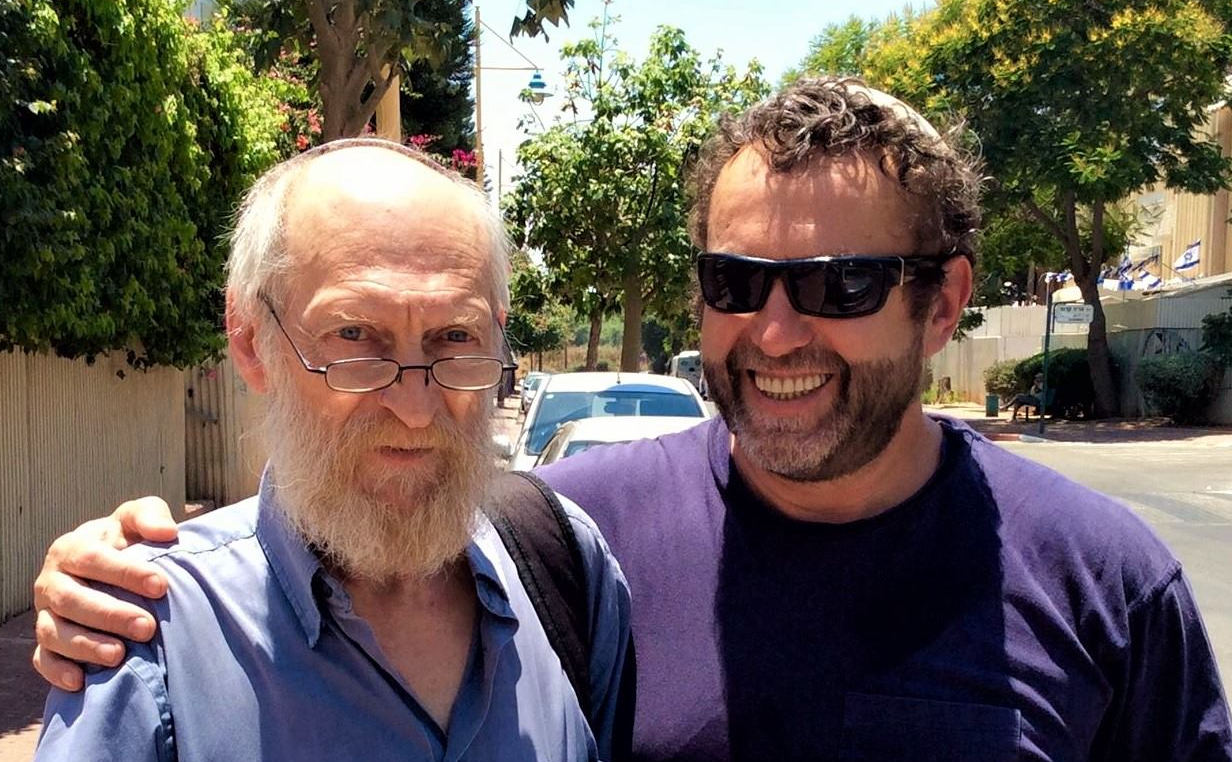
Mikhoel Felsenbaum and Velvl Chernin
